I've waxed on about why I love the Roth IRA. I also love the Solo 401(k). If you're looking for another way to save for retirement, you want to check out these Solo 401(k) benefits.
What is a Solo 401(k)?
But first, it's important to understand what a Solo 401(k) is. Also known as an individual 401(k) or solo-K, a Solo 401(k) is a tax-sheltered retirement account for really small businesses–just you in fact. This two-part series will discuss the solo-K in the context of having a main job (w2) and having a side job with 1099 income, such as moonlighting, a blog, completing medical surveys, etc. Although, the benefits will also apply if you have 1099 income alone as well. With a really small business, you are considered to be both the employEE and employER.
What Are The Solo 401(k) Benefits?
Like all retirement accounts, it pays to really understand what you're signing up for. If you found yourself nodding along to the criteria above, you're in luck. You could start reaping all the benefits of a Solo 401(k) right away. Here's what to love about them:
Benefit 1: Ability to contribute up to $56K*
You're limited to a maximum $19K employEE contribution through your work-sponsored 401(k)/403(b). The IRS allows your employer to make additional “profit-sharing” contributions of $37k for a total of $56k. Unfortunately, while many of us have employer “matches”, we don’t work for employers with profit-sharing plans. But if you open a solo-k for your small business, you can make both employEE and employER contributions up to the current max of $56K. Keep in mind that if you have multiple work 401(k)s, you're limited to one $19K employee contribution across all accounts. But you can make “profit-sharing” contributions of 20% of net income to your solo-K even if you’ve contributed $19k as an employEE. Like regular 401(k)s you can elect pre-tax (or traditional) employee contributions or after-tax, or Roth contributions. Employer contributions are always pre-tax.
Benefit 2: Ability to hire your spouse
This is a great perk if you have a stay at home spouse who would only have access a spousal Roth IRA. Hire your spouse and s/he will be able to contribute $18K as an employee. Win-win
Benefit 3: Ability to roll over other retirement accounts into it
This is huge. As life goes on you'll change jobs at least a few times. This often leaves a trail of “orphan” 401(k’s)/403(b’s). You may have rolled over one or more of these into an IRA or two. It can get really messy. Not to mention that you're probably paying a maintenance fee for all of the accounts. Set up a solo-K and you can roll all these orphans into it, consolidating everything into one account. Less paper, less emails, and easy to keep track of your investment plan. It's retirement account decluttering at its best.
Benefit 4: Ability to contribute to a backdoor Roth IRA without being subject to the pro-rata rule
After you move all your old accounts (namely, anything with “IRA” in the name), you now have a clean slate to begin contributing to a backdoor Roth IRA. If you have any other non-zero balances in any IRA account, you’ll be subject to the pro-rata rule if you contribute to a backdoor Roth IRA, which means you’ll pay unnecessary extra taxes. Not good. You're convinced you need one now, right? I thought so.
While the Solo 401(k) benefits probably have you ready to open an account, there are a few other questions worth addressing first.
Can I open a Solo 401(k)?
Maybe or maybe not. You need earned income, typically as an independent contractor (IC). If you own an S-corp with no employees, this would come from your W2 income. For physicians, however, this is typically IC income from moonlighting, income from surveys, speaker fees, etc. If you don't have any of these now, you can find this kind of work pretty easily.
I only made $1000 of IC income. Is it worth opening a Solo-K?
Yes and yes! You need only the minimum a custodian (aka brokerage firm) requires to open a solo-K. There are no “required minimum” contributions to make to a solo-K. It is worth opening for the ability to roll over other retirement accounts into it (see #4 above).
What else do I need to know about Solo 401(k) plans?
- Once the balance in the solo-K reaches $250K you'll be subject to some compliance measures including filing form 5500 with the IRS annually.
- You need to open the solo-K by 12/31 of the calendar year but you'll have until tax day, including extensions, to fund it. So the absolute latest you can fund it is by 10/15 the following year.
Final Thoughts on Solo 401(k) Benefits
If you're feeling like you haven't arrived yet with your 1099 income, remember that you don't have to make huge contributions to start a Solo 401(k). Savings and retirement are all about options. Giving yourself access to another way to save for the future is priceless.
Read on for the second part of this topic where I'll discuss why you should choose a solo-K over a SEP-IRA and where you should open your Solo-K.
*2019 limits. If you are age 50+, you can add another $6k to your employee contributions.

Get the bestselling book - Defining Wealth for Women.



